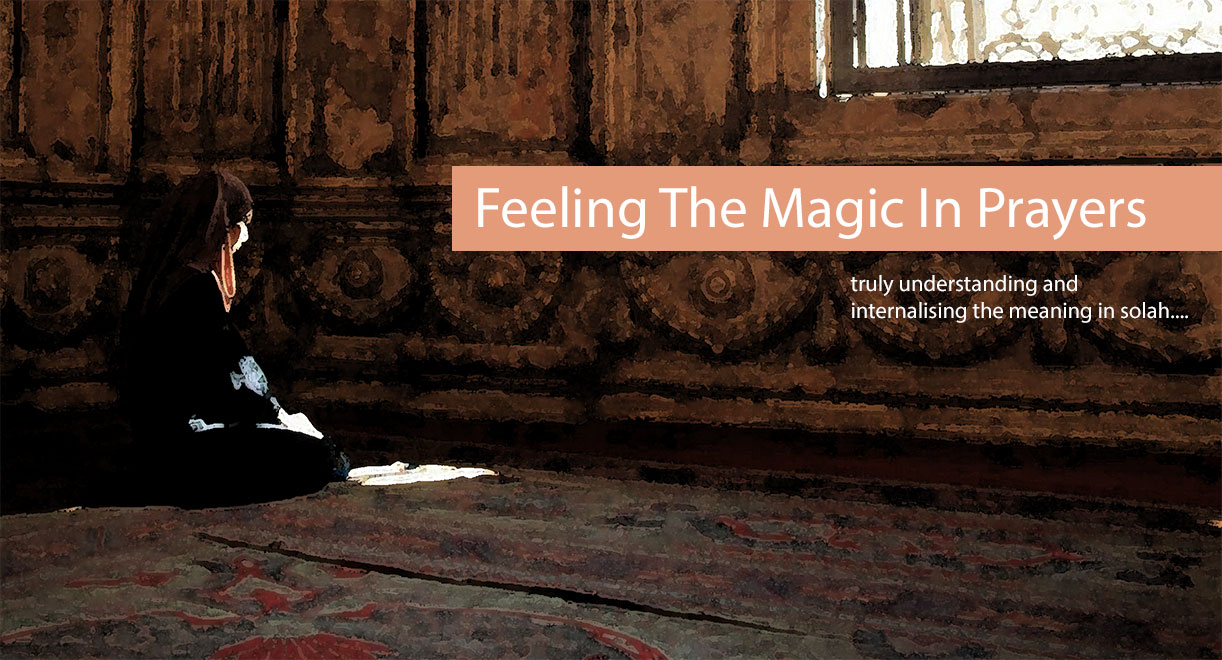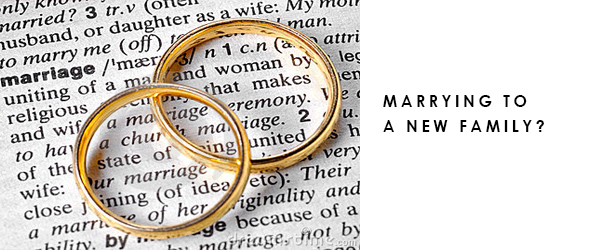Bismillāh ar-Rahmān ar-Rahīm
In the name of God, Most Gracious, Most Merciful
I was reading this article from Times Online titled “The Bible v The Koran”. It is a book extract of “God is Back” by John Micklethwait and Adrian Wooldridge. Here are some excerpts and my thoughts on them.
Christians are also much more enthusiastic than Muslims about translating their holy book. Muslims believe that the Koran is the literal word of God — although most Muslims tolerate translations, it is a begrudging sort of tolerance. By contrast, Christians are much keener to get the Word out. You do not have to learn Greek or Hebrew to get the Lord’s word. It has been translated into more languages than any other book in history — including Klingon, spoken only by imaginary space aliens.
The headquarters of the American Bible Society, just north of Columbus Circle in New York City, is a monument to Christianity’s enthusiasm for translation. It houses a collection of 4,500 Bibles in 2,400 languages, to which it continues to add ever more translations, including Barrow, a language spoken by a handful of people in Alaska. Its ambition is that everyone can claim: “God speaks my language”.
Although Christians pride themselves on their ability to reach out to greater numbers by translating the Bible, and the writers too view this as a positive approach, I am grateful that Muslims have a “begrudging sort of tolerance”. Do I not want Muslims and non-Muslims to read and appreciate the Qur’an? Sure I do.
But I believe that no translation could beat the original Arabic Quran. I’m not a native Arabic speaker and my views may be biased because I’m a Muslim. I do read the English translation of the Quran and enjoyed reading it. I can’t say that the mantra “God speaks my language” is reflective of what I feel because its a more spiritual & emotional experience rather than one merely restricted to linguistics.
As a student in tafseer, I’m still a fledgling. Yet I can say with full certainty that reading a translation of the Qur’an and studying it in its Arabic form with a teacher is incomparable! The intricacies of the Arabic language is impossible to master except with years of intense study and there are many Arabic words that do not have its English equivalent.
This is why the Quran is so often misunderstood because translations never do justice to its Arabic form. And this is also why the message that was brought by Prophet Isa AS was later distorted and lost. Had they only retained the Book in its original language and maintained high levels of transmission and teaching, the message would have remained intact and not have resulted in the many branches of Christianity that we see today.
The article also states:
There are Bibles in everyday vernacular or even street slang (“Even though I walk through / The hood of death / I don’t back down / For you have my back”).
Would I want a Quran in street language? Na’uzubillah!
How can you reduce the beauty and excellence of wahy from Allah SWT to Archangel Gabriel AS to the Prophet SAW to street language? I think one of the miracles of the Qur’an is its ability to remain congruent & compatible to the emotions & intellect of humans throughout time, despite the alleged linguistic barrier. How many times have you been feeling down and you open the Qur’an (translation or otherwise) and read something in it that felt like it was written just for you?
By translating the Bible into everyday talk or having a “hundred-minute Bible” for the time-starved, I see it as degrading the words of God. The Qur’an has clear spiritual vigor on the reader and we have no doubts that every word and every line of its Arabic form has its intended purpose and effect – most or all that would have been lost if one was reading a translation.
Do we answer the calls to modernize Islam and the Qur’an? To what extent should we change our approach to be accessible and relevant? What are the ways we can make the Quran more ‘friendly’ to those who do not already find it friendly?
Share your thoughts. In the meantime, I shall be grateful for this line:
We have sent down the Reminder (Quran), and We will preserve it
Surah Al-Hijr 15: 9
Wabillahi Tawfeeq wal Hidayah,
Assalammualaikum warahmatullahi wabarakatuh

Ameera Begum Aslam









Salams.
I’m not sure what others think of this but sometimes what i try to do is put an Ayat as my nick on msn. Or even on facebook we can post ‘what are we thinking’ and i would just put an Ayat there. I know this may not be the whole Quran but the way i see it, an ayat a day is better then no ayat at all. At least not only myself but friends of mine too get to read an Ayat of the Quran. Even tho i have non-muslim friends, we cannot just limit religious talks and islam to our muslim friends as we are to dakwah the non-muslims too. So InsyaAllah this is a slow start to getting people to actually read and ponder over the verses that has been sent down to us.
Hopefully this would be of benefit to you, InsyaAllah.
Salams